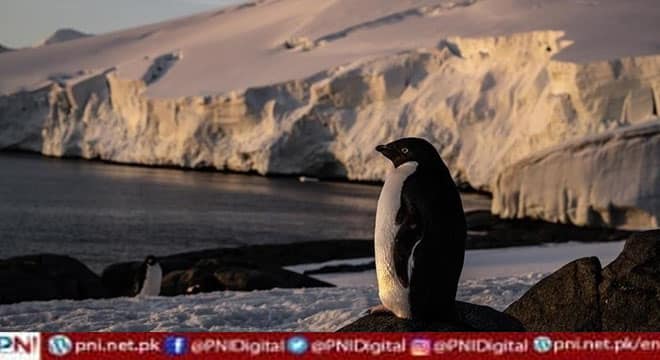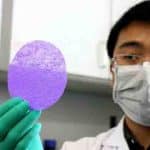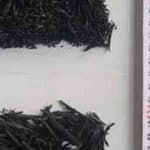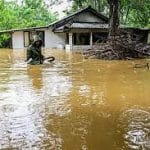ANTARCTICA, April 8 (AA/APP) —: Turkish scientists who went to Antarctica have observed an emperor penguin chick for the first time on Horseshoe Island.
Scientists who spoke to Anadolu on Friday went to the “continent of science and peace” to carry out glacial observations as part of the expeditions on Horseshoe Island, where they have been carrying out scientific activities for seven years.
Burak Karacik, environmental officer in Türkiye’s 7th National Antarctic Science Expedition, said they observed three types of penguins on Horseshoe Island, where their temporary science camp is located, but that they encountered a baby emperor penguin for the first time this year.
Emperor penguins are the largest of the 18 penguin species found in the world.
“Emperor penguins are known to live near Horseshoe Island in previous records, but we’ve never seen emperor penguins on Horseshoe Island during our expeditions. The emperor penguins, which we normally see further south, are a species we haven’t seen for seven years despite them having a colony. This is an interesting situation for us. Apart from this species, Adelie and Chinstrap penguins are also seen on the island,” the scientist said.
During the expedition, held under the auspices of the Turkish presidency with support from the Ministry of Industry and Technology and coordinated by the Polar Research Institute of Scientific and Technological Research Council of Türkiye’s (TUBITAK) Marmara Research Center (MAM), Turkish scientists are doing their best to leave the smallest possible footprint on Antarctica to prevent harm to the ecosystem of the continent and its surroundings.
National Antarctic Science Expedition deputy head Atilla Yilmaz said they were working on lakes on Horseshoe Island and aimed to examine the levels and distribution of human-induced pollutants in the lakes.
Explaining that there are four lakes on the island and that they were collecting water and sediment samples from these lakes, Yilmaz said:
“We will conduct various analyses in the laboratories in Türkiye on the samples collected. Two different (species of) zooplankton have been found in the studies carried out on the lakes. This is why the lake ecosystems in the southernmost latitudes where these zooplankton are seen are of great importance.”
“Zooplankton fossils dating back tens of thousands of years have been found in the core and sediment samples taken during the studies. Therefore, we are making great efforts to preserve this scientific and cultural heritage in the future.
“As the United Kingdom, Belgium and Türkiye, we are making an effort to declare all the lakes in the vicinity as protected areas. Most likely, this place will be a protected area from 2024. When it is a protected area, of course, where scientific studies will continue,” he said, adding that this would entail “certain rules.”
Follow the PNI Facebook page for the latest news and updates.









